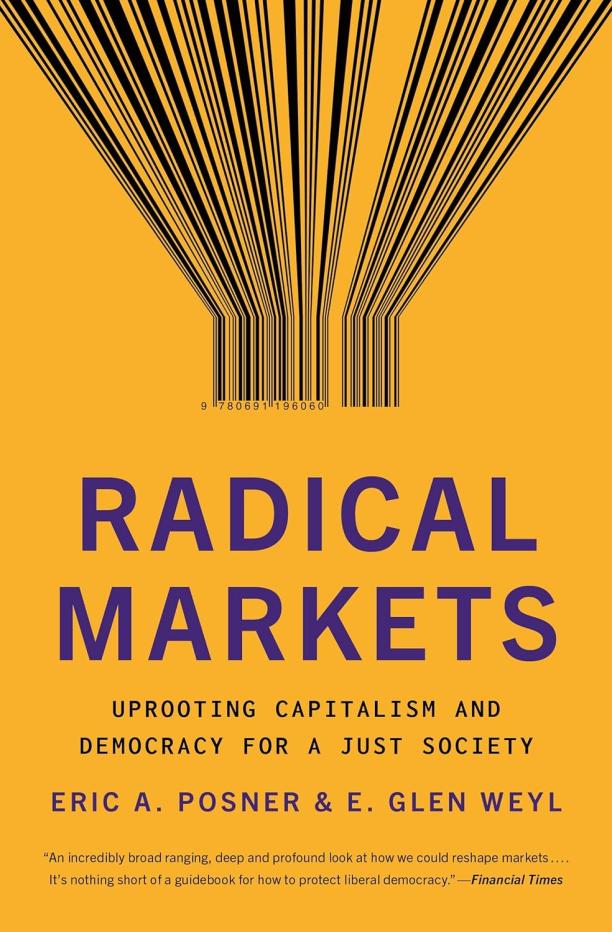Summary:
The book presents a series of innovative and provocative economic reforms designed to reduce inequality, stimulate growth, and revitalize democracy. It introduces concepts like the Common Ownership Self-Assessed Tax (COST) on assets to encourage optimal use and a new voting system called Quadratic Voting to better reflect collective preferences.
Key points:
1. Property as Monopoly: The book suggests that private property leads to monopolies and inefficiencies. It proposes a system where property ownership requires constant bidding, with the highest bid setting a tax rate, to ensure assets are used most effectively.
Books similar to "Radical Markets":
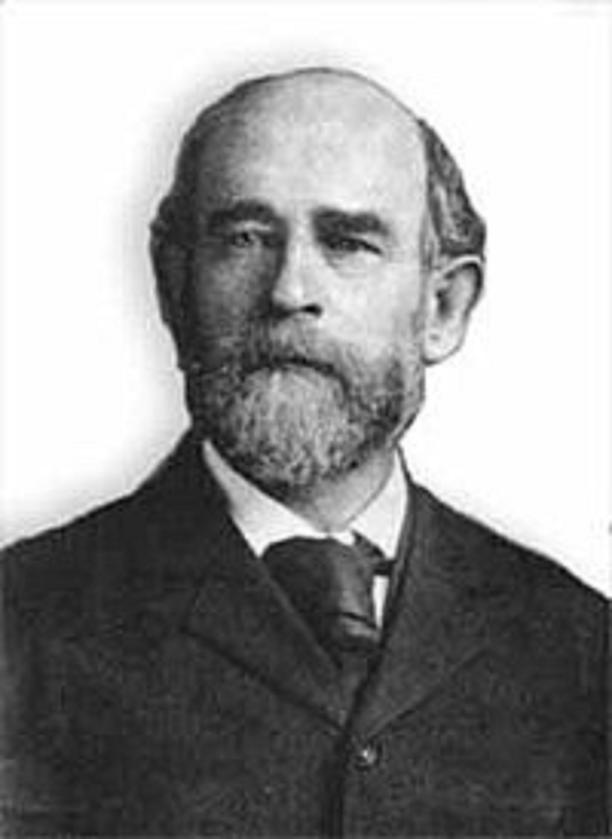
Progress and Poverty
Henry George
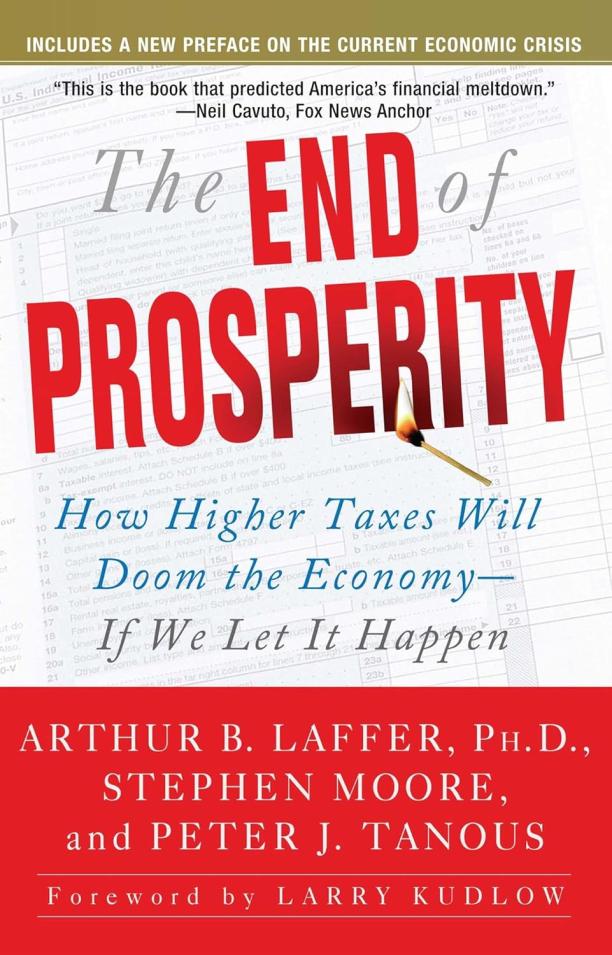
The End of Prosperity
Arthur B. Laffer|Stephen Moore|Peter Tanous
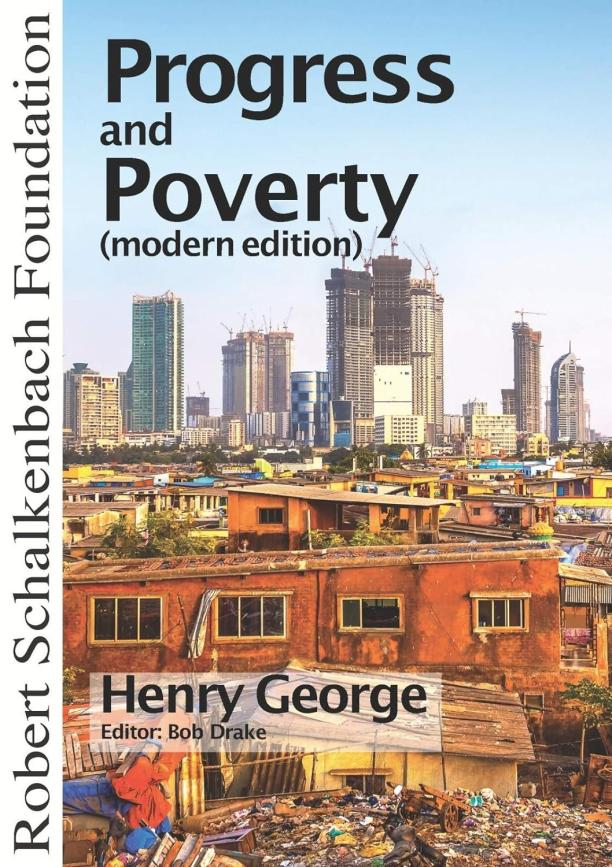
Progress and Poverty
Henry George
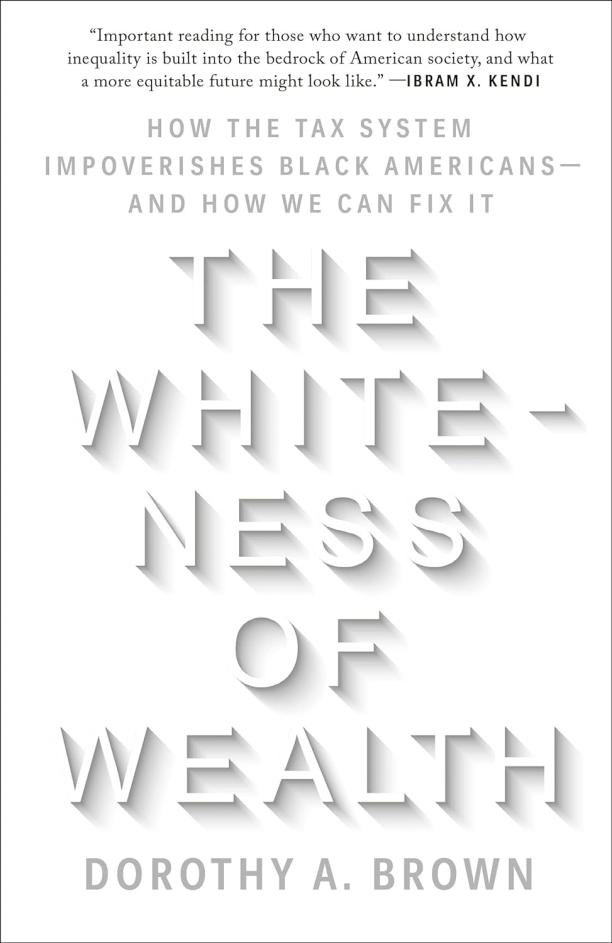
The Whiteness of Wealth
Dorothy A. Brown
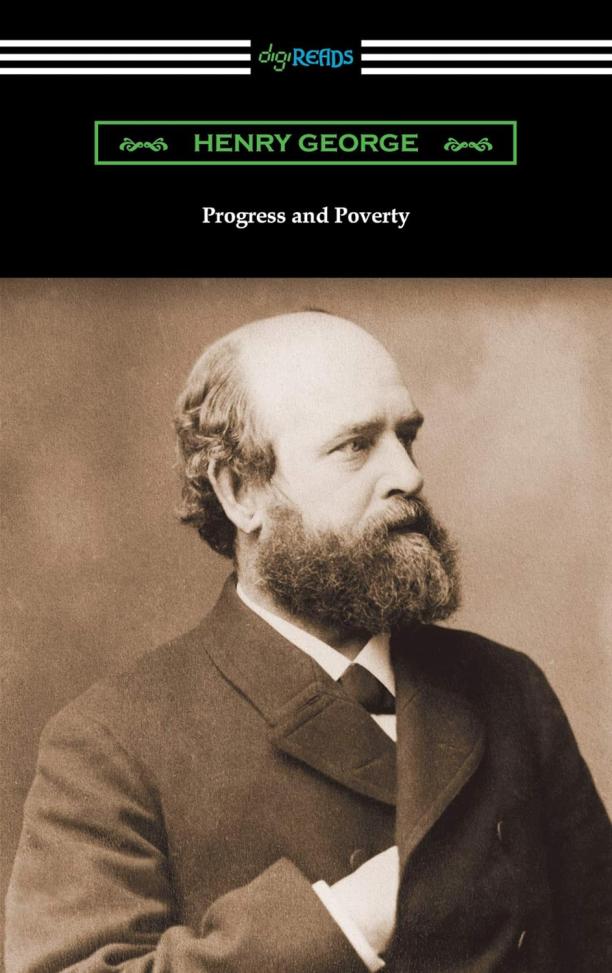
Progress and Poverty
Henry George
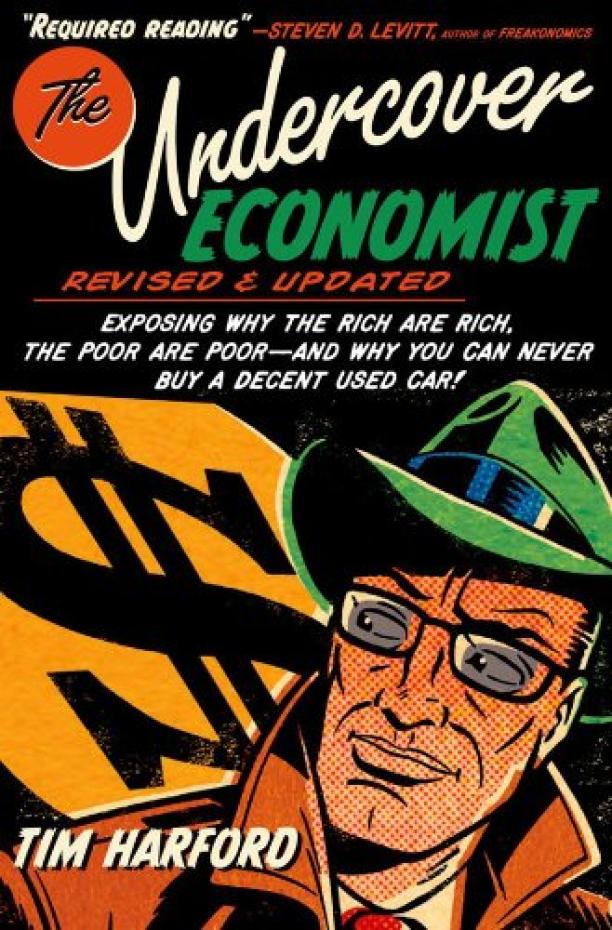
The Undercover Economist
Tim Harford
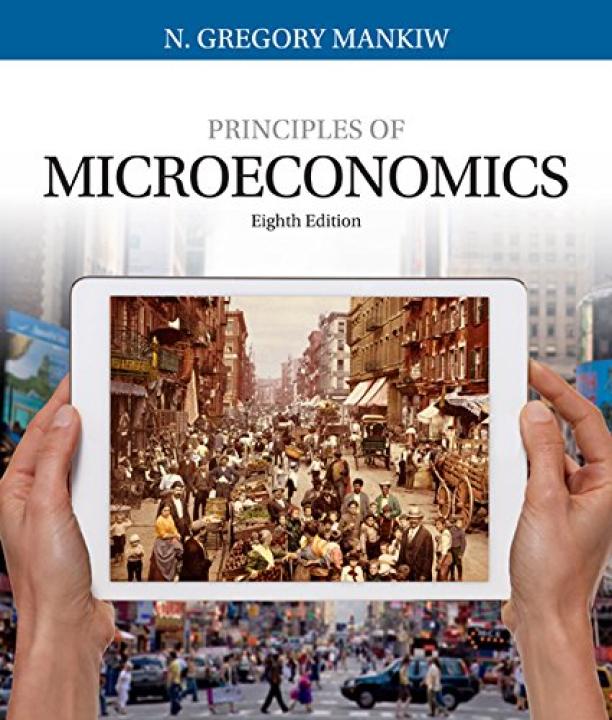
Principles of Microeconomics
N. Gregory Mankiw
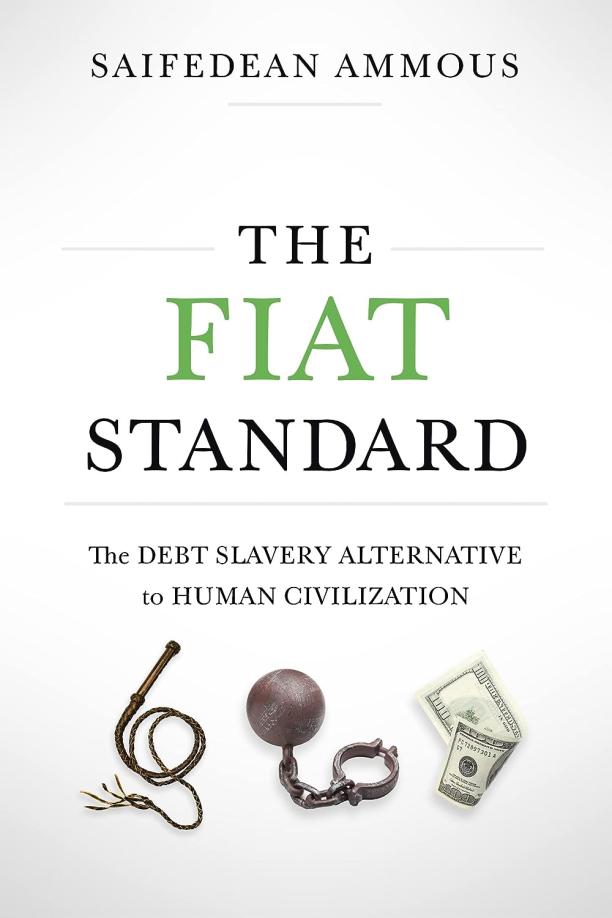
The Fiat Standard
Saifedean Ammous
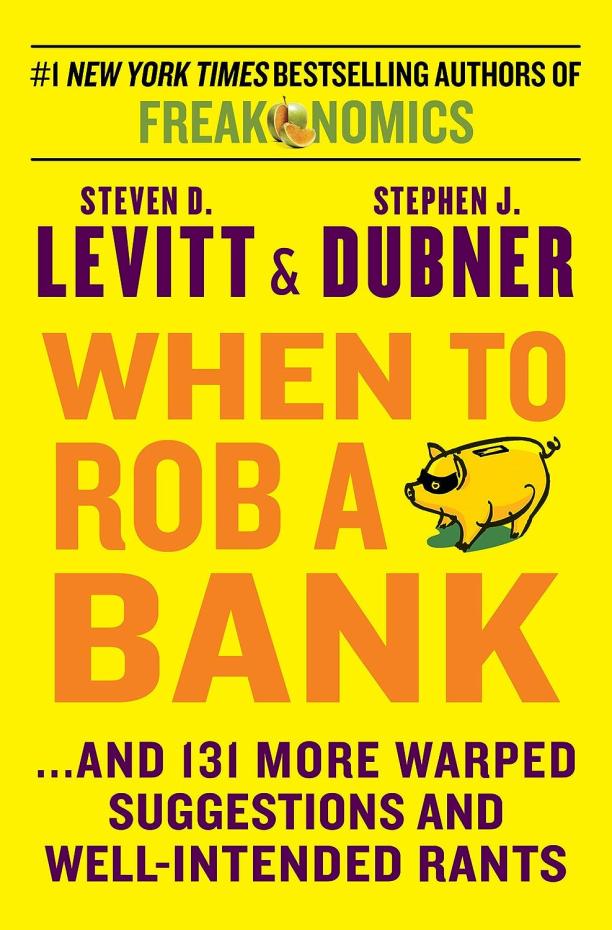
When to Rob a Bank
Steven D. Levitt|Stephen J. Dubner
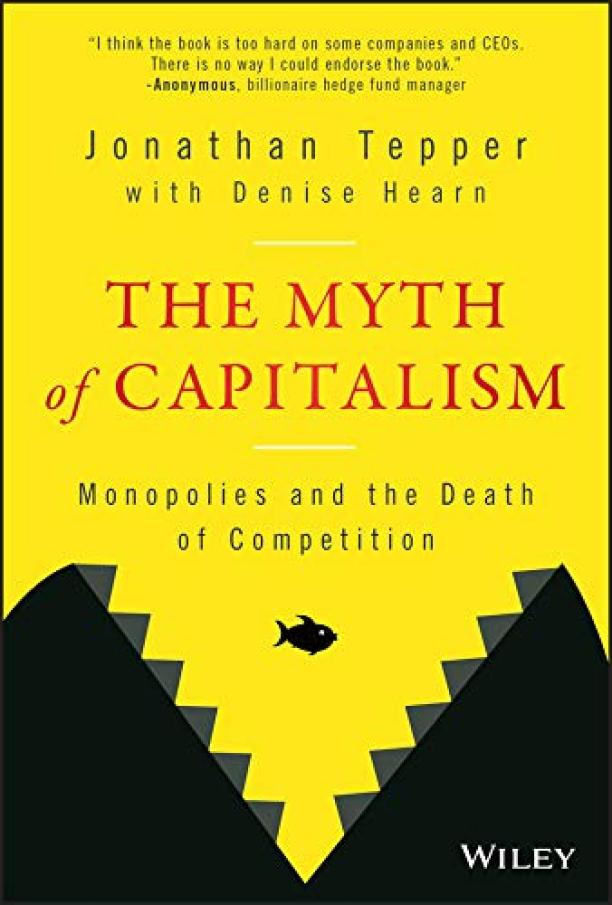
The Myth of Capitalism
Jonathan Tepper
